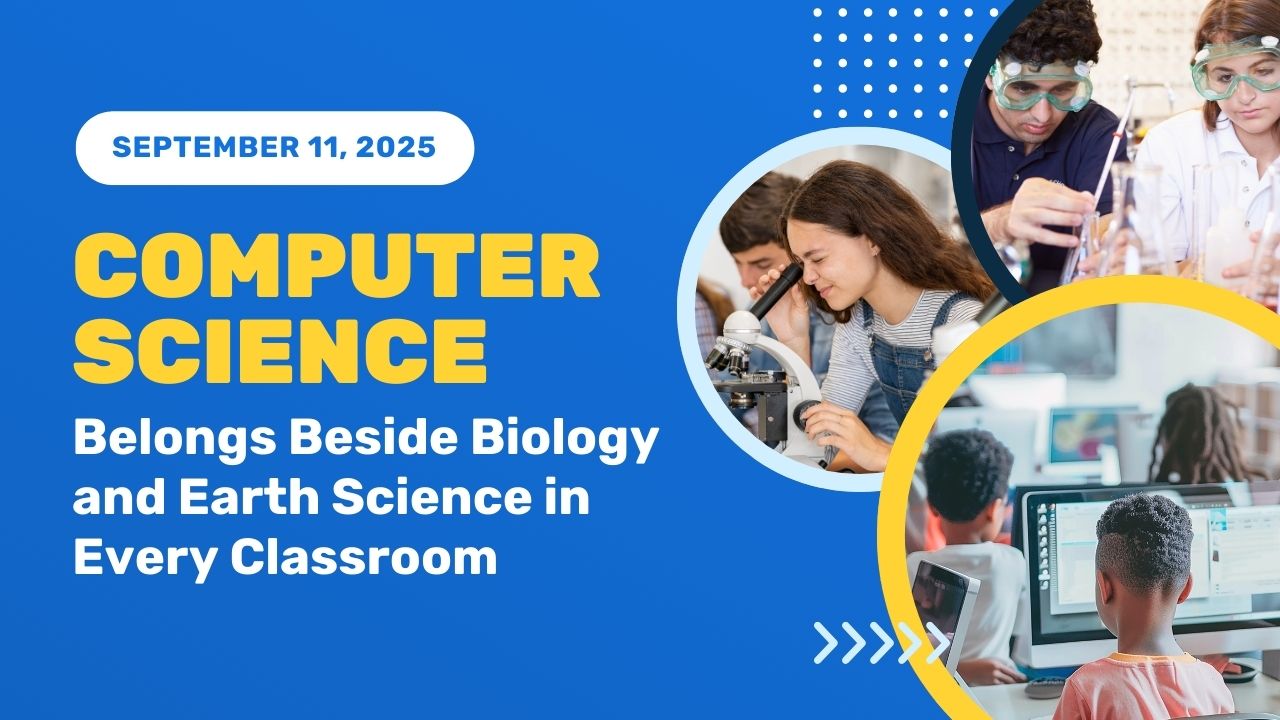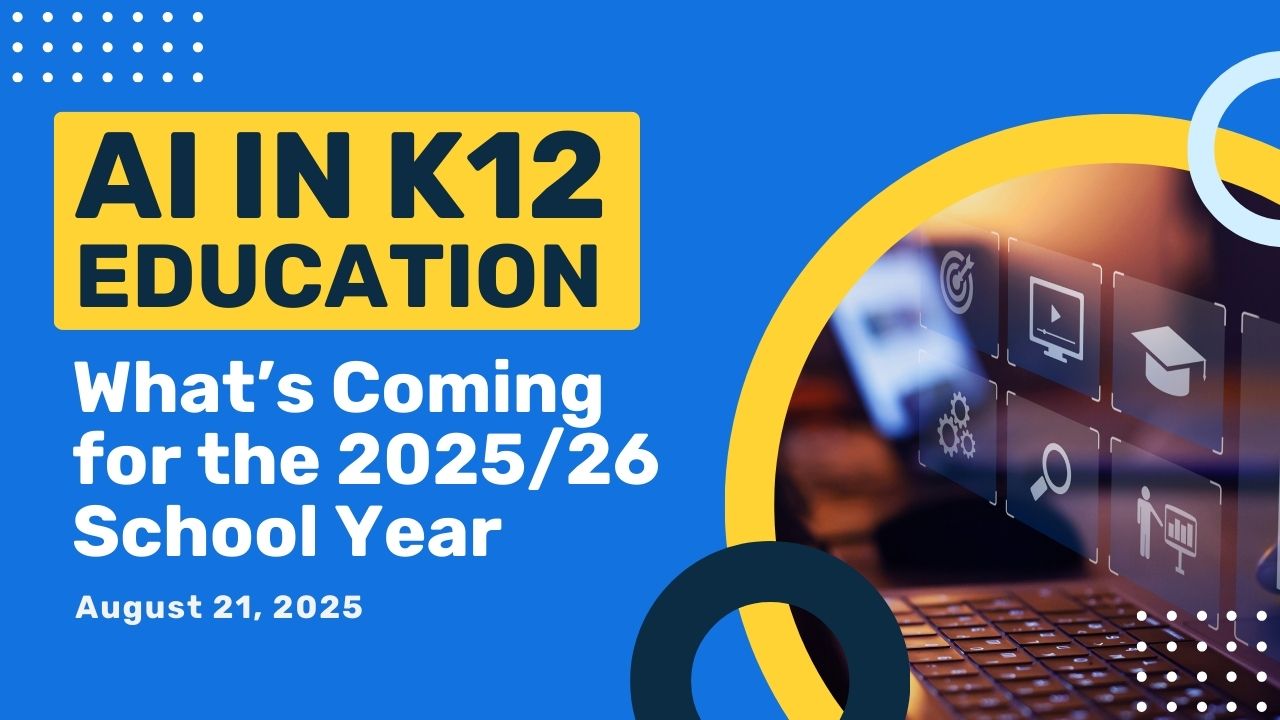When we think about the skills needed for software engineering, it's easy to focus on the technical: fluency in programming languages, understanding algorithms, and mastering development tools. But what separates a good developer from a great one often comes down to soft skills.
Educators play a vital role in helping students build both technical and transferable skills. As K–12 coding and computer science programs grow, there's a valuable opportunity to teach soft skills through computer science, web development, and game design. These project-based courses offer lessons in collaboration, problem-solving, resilience, communication, time management, and overall personal growth.
Resilience and Problem-Solving
As any student learning to code will know, problem-solving is part of everyday life for programmers—whether it's a bug they can't fix, a feature they can’t figure out, or an unexpected error that throws everything off. What distinguishes successful students is how they respond when things go wrong.
Encouraging students to troubleshoot, reflect, and try again builds confidence and lasting problem-solving abilities. These skills are easily modeled in the project-based courses that Mastery Coding offers. Debugging becomes a form of emotional endurance training.

Team Collaboration
Despite the common misconception that coding is a solo, non-social activity, software development is deeply collaborative. Developers often work in cross-functional teams, and success—especially at the highest levels—depends on strong teamwork, clear communication, and leadership skills.
Team-based projects, particularly in game development, are powerful tools for teaching collaboration. Not only do they generate excitement for the final product, but they also require a wide range of roles—game designer, artist, programmer, sound engineer, planner—giving each student an opportunity to contribute in a way that aligns with their unique strengths. These projects foster teamwork while providing students with responsibility, autonomy, and the chance to build real proficiency within their chosen role.

Growth Mindset
The ability to accept feedback and learn from mistakes is a powerful transferable skill. In coding, this might mean refactoring a project after a peer review or adopting a more efficient approach after constructive input.
Teachers can nurture this mindset by treating mistakes as learning opportunities. Students who adopt this early on become more adaptable—an essential trait in a fast-changing tech landscape.

Time Management
Effective software engineers break down long projects into manageable tasks and meet deadlines—a skill that doesn't come naturally to many students but can be learned through practice. Project-based classes offer an ideal environment for developing time management skills, as students must plan, prioritize, and allocate their time across different phases of a project.
Teachers can support this growth by helping students set realistic milestones, use planning tools like task boards or calendars, and reflect on which strategies helped them stay on track. By guiding students through the process of managing multi-step projects, educators equip them with habits that will serve them well in future academic and professional environments.

Communication
Clear communication is just as important as clean code. In a classroom setting, students can practice this by writing detailed comments in their code, explaining their logic during peer reviews, or presenting their final projects to the class.
Teachers can encourage effective communication by assigning group coding challenges where students must articulate their approach, justify their decisions, and provide feedback to teammates. These experiences not only sharpen students' communication skills but also prepare them for the collaborative nature of real-world software development.

Balance and Wellbeing
Passionate students can easily overextend themselves. Long-term success comes from maintaining balance, not chasing burnout. Educators can encourage healthy habits, breaks, and self-reflection by fostering a classroom culture that values wellness as much as performance.
They also play a key role in identifying students who may be at risk of burnout—those who struggle to step away, internalize failure, or push themselves too hard. With timely support, encouragement, and normalization of rest, teachers can help students see that taking care of their mental and physical wellbeing is part of being a successful developer—not a weakness. Creating safe, supportive spaces ensures students stay motivated and don’t give up simply because they feel overwhelmed.
Future-Ready Means Skill-Ready
Teaching soft skills alongside technical ones in your coding classroom prepares students to become well-rounded professionals. Resilience, communication, teamwork, time management, and adaptability are as vital as any coding language.
At Mastery Coding, we prepare students not just for exams, but for life. Through project-based coding courses that balance student agency with step-by-step guidance, schools can give students an engaging pathway into STEM careers—where soft skills and technical know-how go hand in hand.
Ready to bring real-world skills into your classroom or esports program? Explore Mastery Coding’s full catalog.













